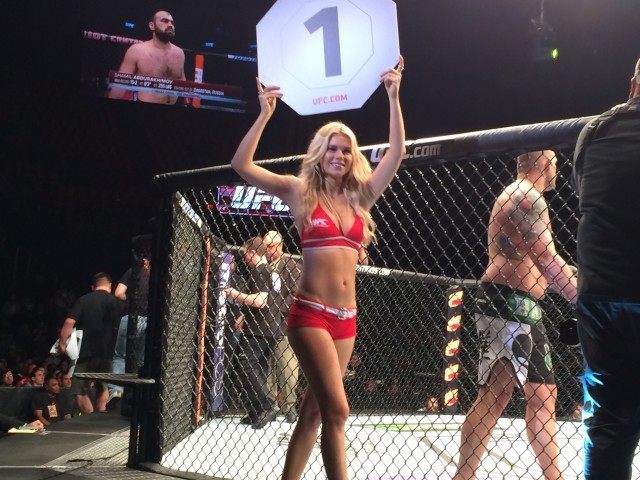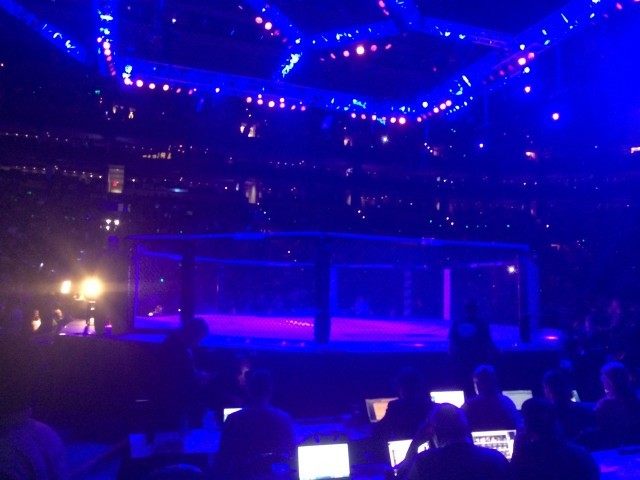Anderson Silva, the longest reigning middleweight champion in UFC history, received a one-year suspension from the Nevada State Athletic Commission on Thursday.
The ban retroactively began on January 31, when Silva defeated Nick Diaz by unanimous decision. The suspension stems from the presence of the anabolic steroids Drostanolone and Androstane, as well as other non-steroidal, prohibited substances, in his system before and after that fight. The ban, though expected, nevertheless puts a darkness over the octagon given the Barry Bonds/Lance Armstrong-level of the performer popping positive.
Diaz tested positive for marijuana, which strangely sent him away from the Octagon for the same length of time as Silva.
The suspension transforms the fight from a Silva win to a no-contest. The Brazilian, who won 17 straight fights between 2006 and 2012 (16 of them in the octagon), last won a fight three years ago versus Stephan Bonnar. At 40 years old, and after suffering a vicious knockout and an even more vicious leg break at the hands, and leg, of Chris Weidman, Silva appears unlikely to return to the form of his heyday. He looks even less likely, given the suspension, to return to the performance-enhancing drugs that might have made 40 the new 30.
Silva blamed sexual-enhancement pills he received from a friend who allegedly brought them back from Thailand. During the hearing before the NSAC, a prankster managed to blast “Let’s Talk About Sex” by Salt-N-Pepa on the speaker phone in the room.
The UFC responded Thursday to the suspension of the most accomplished champion in the promotion’s history:
Following the Nevada Athletic Commission’s hearing today, Anderson Silva is required to serve a 12-month suspension from competition, retroactive from his last fight on January 31. At the conclusion of his suspension, Silva must present a clean test upon reapplication of a license before his next fight in Nevada. The UFC organization maintains a strict, consistent policy against the use of any illegal and/or performance enhancing drugs, stimulants or masking agents by its athletes, and fully supports the Commission’s ongoing efforts to ensure clean competition by all MMA athletes.
UFC recognizes Silva’s great career and looks forward to his return to the Octagon in 2016.
Subsequent to the biggest star in the promotion’s history becoming a drug failure, the UFC partnered with the United States Anti-Doping Agency to clean up the sport. Had Silva’s test come back dirty after July 1, the new regime would have likely meted out a two-year suspension instead of a one-year ban.


COMMENTS
Please let us know if you're having issues with commenting.